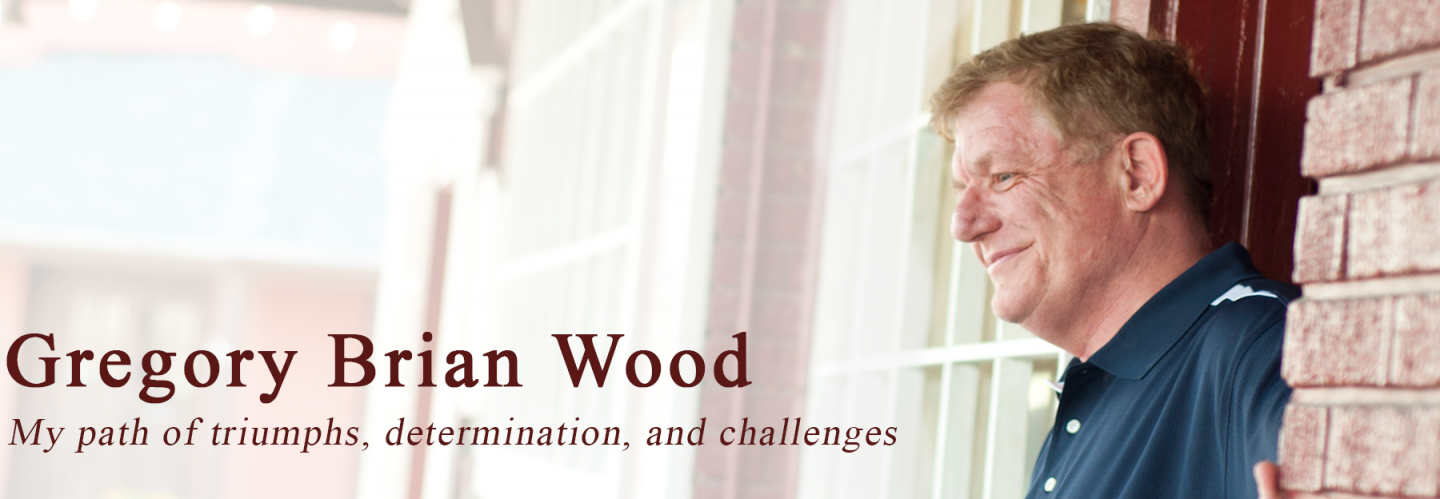
On December 24 ,2024 just before Christmas I went to Thailand to board the World Odyssey for a journey that lasted from January 5th to April 20th, 2025. The ports that we went to were Ho Chi Minh, Penang, Kochi, Mombasa, Cape Town, Tema, Takoradi, Casablanca, and LaCoruna. We disembarked in Bremerhavan. From the ship I went to see family in Hamburg. This was my second voyage with the program and I tried to implement some lessons learned from my first experience yet there were some new challenges. I found socializing with the students and ship staff very good. Like last time I reported to the Dean of Students office when I boarded.
I did have an unfortunate incident while I was aboard this trip. I was in Kenya on a safari texting my girlfriend and she sent me a very private picture. Some how I did not know someone was looking over my shoulder and saw it. Back on the ship I got an email to report to the Asst. Dean of Students about the matter. I went into anxiety mode. Before getting on the ship I let the administration know about my Asberger’s issues so if something came up they could come to me as a adult. This time, I was ready to leave the program after the incident, but one of the other Life Long Learners talked me out of it. Instead, I got support from the Counseling Office and the Life Long Learner Coordinator. I settled the issue and refused going to the Dean’s Office. The Care Team on board should have flagged the issue. It took a lot of self advocacy to put a procedure in place for future voyages. I spent the rest of the voyage in anxiety mode. I just wish the individual who saw the picture and had an issue with it would have come to me instead of going to the administration so it didn’t escalate.
Traveling when on the spectrum can be difficult; navigating airports and customs. I asked someone on the trip to go through customs with me to keep me calm. I spent the rest of the voyage around people who I felt safe with. Sometimes I would sit and eat meals alone to remain calm. This is a good way to learn about different cultures as well. This type of travel allows you to come in contact with many different people. If everyone had the ability to experience this type of trip, the world could be a different place.
